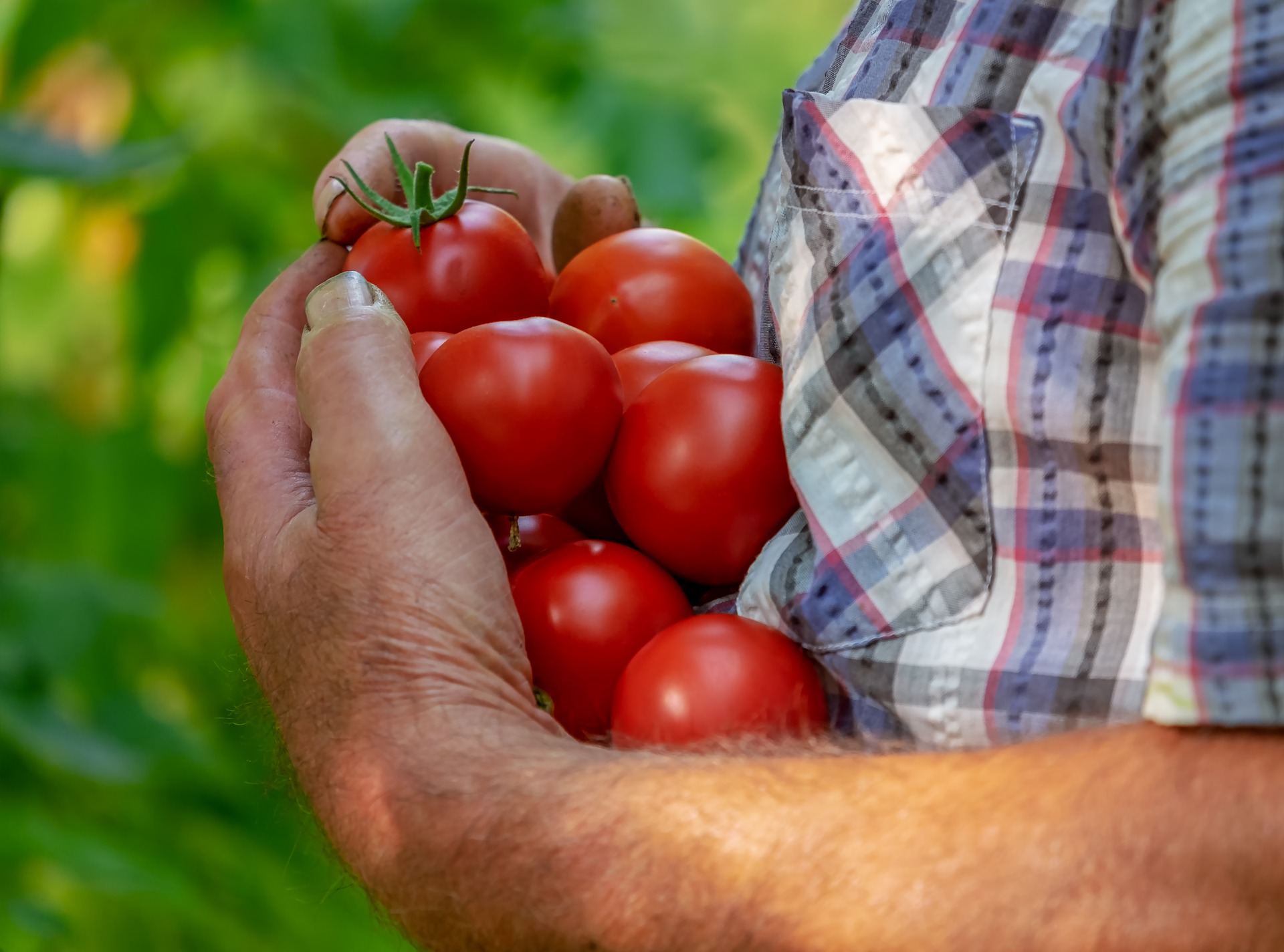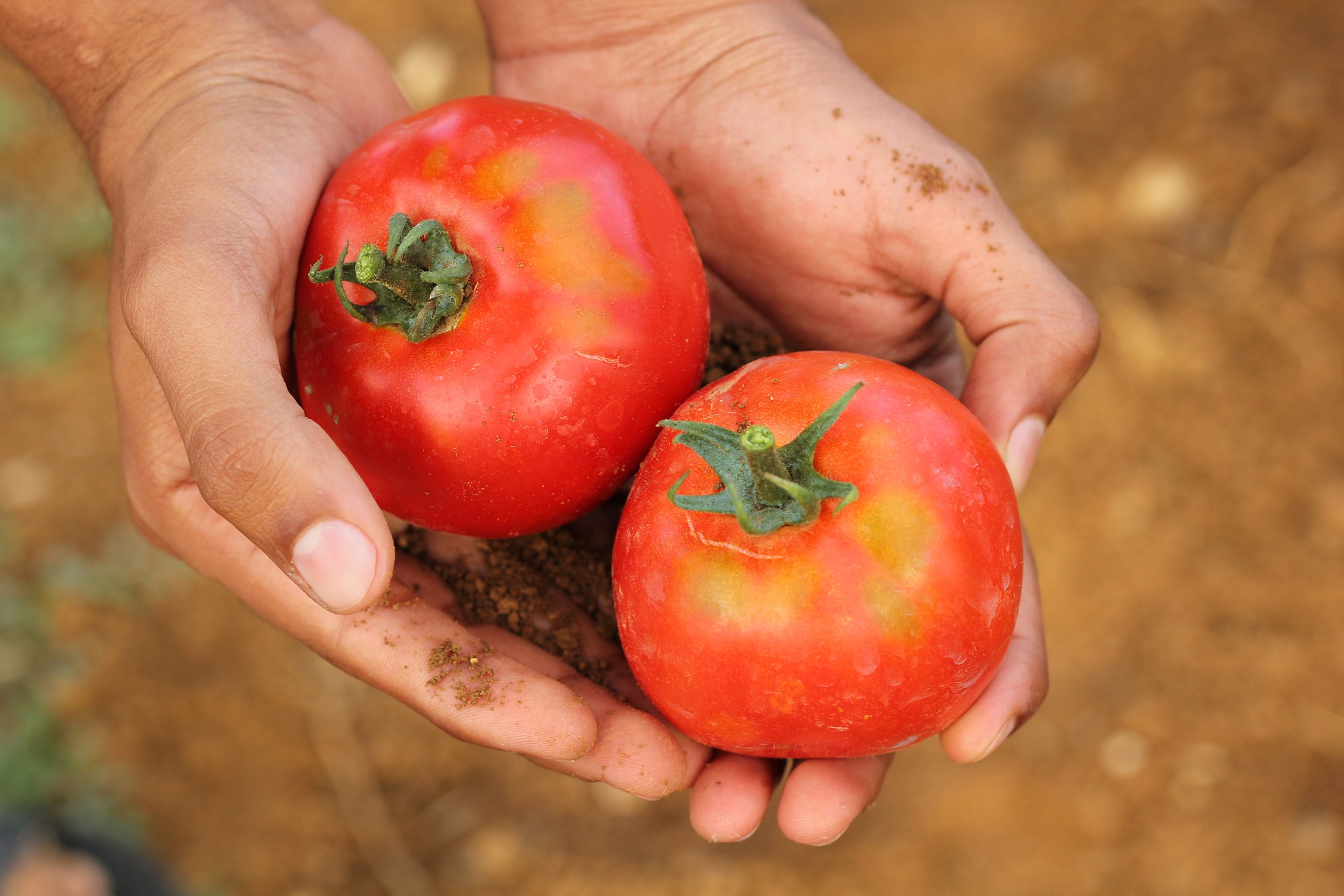By Melody Meyer
The Tomato Suspension Agreement (TSA) was originally enacted in 1996 when the Commerce Department suspected Mexican growers of “dumping” tomatoes into the U.S. market. The agreement placed a floor price on Mexican tomatoes and, in return, suspended the dumping investigation undertaken by Commerce.
Last week, the U.S. Department of Commerce terminated TSA and reopened an anti-dumping investigation against Mexican tomato imports, and began imposing a 17.5 percent tariff on all imported Mexican tomatoes. According to Mexico's Economy Ministry, the country’s exporters could face additional costs worth $350 million each year.

With more than 70% of the fresh tomatoes in grocery stores coming from across the border, what does it mean for the organic markets and growers?
It could mean more expensive organic tomatoes—and fewer of them.
A study done by Arizona State University and commissioned by the Fresh Produce Association of the Americas indicates that consumers could see tomato prices jump by 40 percent or more.
Chris Harder, a tomato buyer at Alberts Fresh said “Prices are expected to go up in the future, but right now there is a glut. With no minimum prices in place growers could potentially go below that price. If they are perceived to be dumping, they could be perused by the DOJ.”
Ricardo Crisantes, CEO at Wholesum Harvest said “We got word that the Department of Commerce (DOC) is going back and forth trying to negotiate a new agreement. If there is a new suspension agreement, organic tomatoes would have their own unique minimum price and it will be higher than conventional. Previously the minimum price for organic tomatoes was the same as conventional. If there is a lot of uncertainty and the viabilities of crops is in question, supplies could get reduced and that will raise prices this winter.”

Ricardo Crisantes, Wholesum Harvest
Will growers reduce acreage and grow other crops? Will some decide to leave tomato growing all together?
Wholesum’s Crisantes said, “I haven’t heard of anyone going out entirely. We have tomato production in both US and Mexico, and we’re moving more production to the US. Tomatoes that have a smaller profit margin, like romas and beefsteaks, may not be able to survive a 17.5 [percent tariff. They just aren’t a premium tomato.
I’m in my winter planning phase now and I am thinking about reducing my acreage in romas and beefsteaks for that reason. I may hedge my bets and plant more peppers. We haven’t made a decision yet because the situation is very fluid right now.”

The TSA had been renewed every five years since its inception. Mexican tomato growers have rejected the latest proposal to renew the suspension and filed a lawsuit against the U.S. government. They are hoping a U.S. Court of International Trade blocks the termination.
“This will hurt people on both sides of the border - consumers and growers. Let’s face it we haven’t really felt the effects of aluminum and steel tariffs in our daily lives. If we need to buy a new car, we buy it. But tariffs on fresh organic tomatoes will have a very direct effect on consumers daily lives,” Crisantes said. “Right now, we need to keep informed of the facts and not be swayed by emotions. We’ll learn more how this affects us going forward. We hope they come together with an agreement that makes growing a lot more stable and easier- its already a tricky business.”






